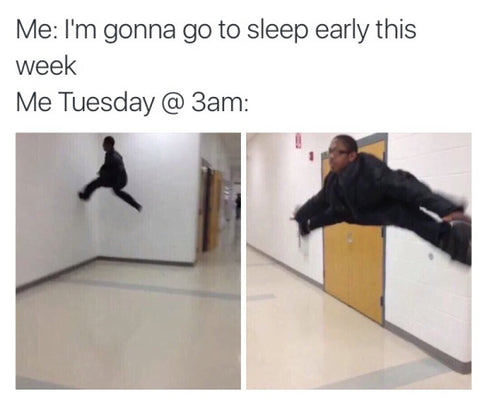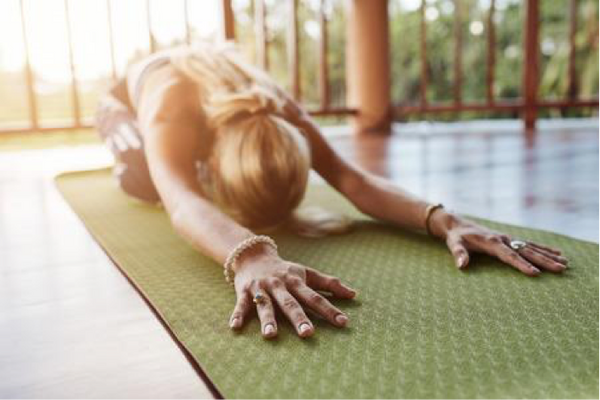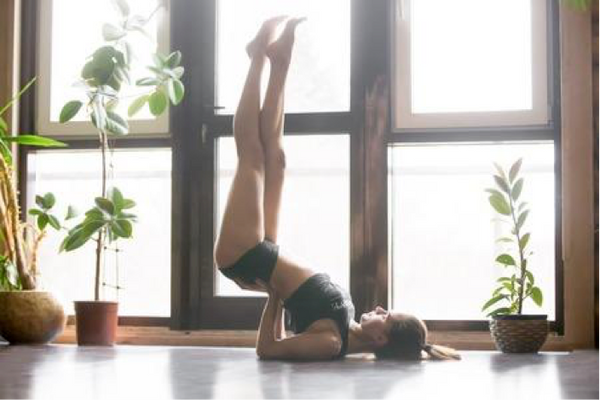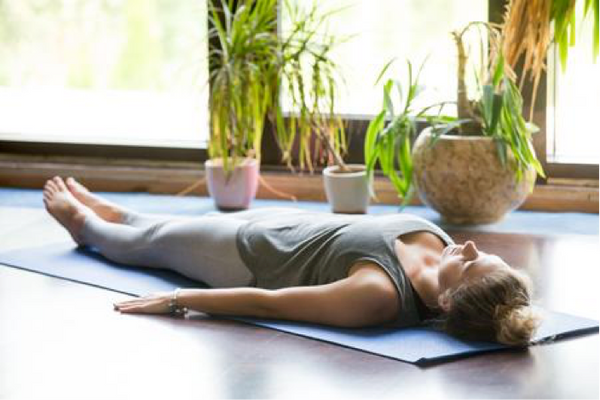How many times this week have you chosen to catch up on your emails right before bed or used that time to begin scrolling through social media? We’re all guilty of it, right when it’s time to settle down, we suddenly have the energy of five toddlers and are ready to do anything but sleep. Sleep procrastination is a real thing, and it’s incredibly common. Here are 3 simple ways to end your sleep procrastination habits and get to bed.

1. Give yourself a window and plan ahead
There are just so many things to do in a day, so it’s no surprise that you’re making lists and checking emails before bed. Planning ahead can help with this. Set aside a window of time, (approximately 1 hour) that’s solely dedicated to preparing for bed. Then, plan to take care of all your list making, social media perusing and email answering before that window of time.
2. Ditch the technology
During your set window of time, make it a point to stay away from your phone, laptop, tv, etc. Not only does the use of technology before bed affect the quality of your sleep, but it also acts as a distraction.

3. Set a routine
Help your body prepare for bed by getting into a routine. Try reading a book, taking a bath, listening to calming music, taking a slow walk to clear your head, or doing some stretches. Whatever it is, try to maintain some sort of consistency. This will not only help you wind down, but will also help tell your body that bedtime is coming soon, making it easier for you to fall asleep quicker.
A good night’s sleep is crucial for your body to function properly and optimally. Do tomorrow’s you a favour and stop procrastinating when it comes to sleep.
source https://goodmorningsnoresolution.com/blogs/news/sleep-procrastination-ends-now-how-to-stop-putting-off-bedtime




